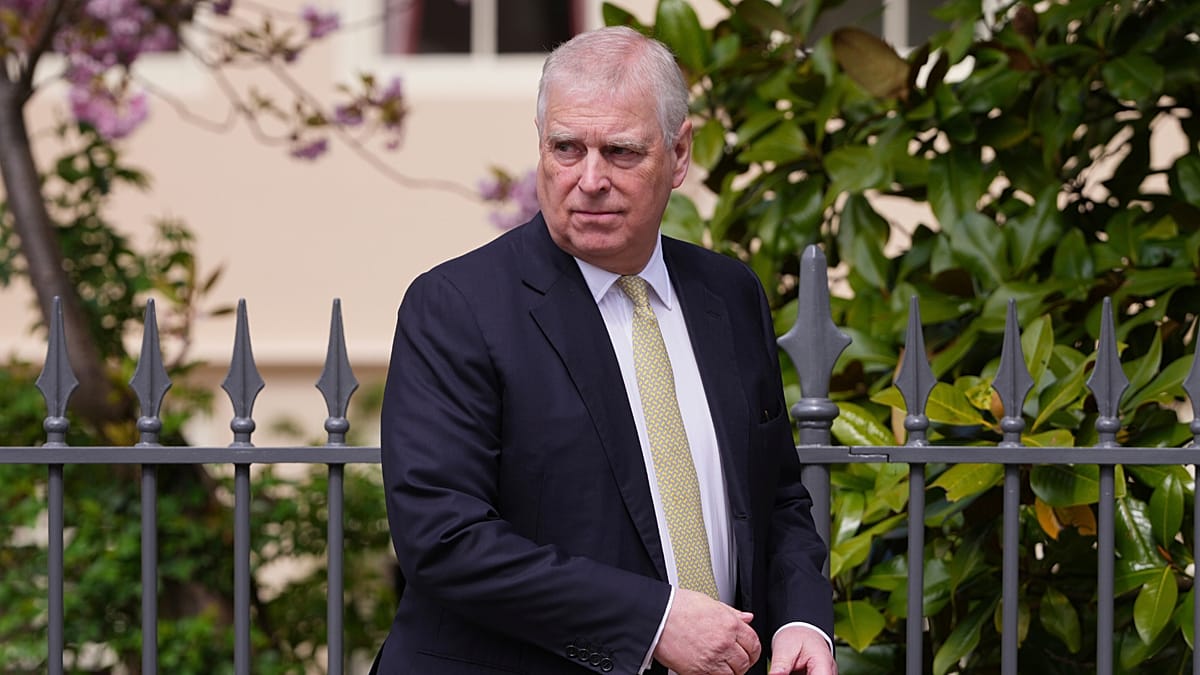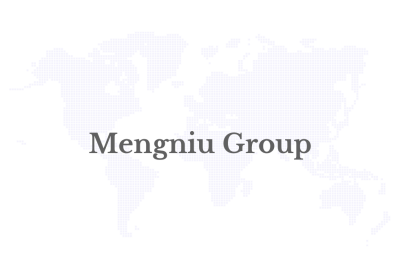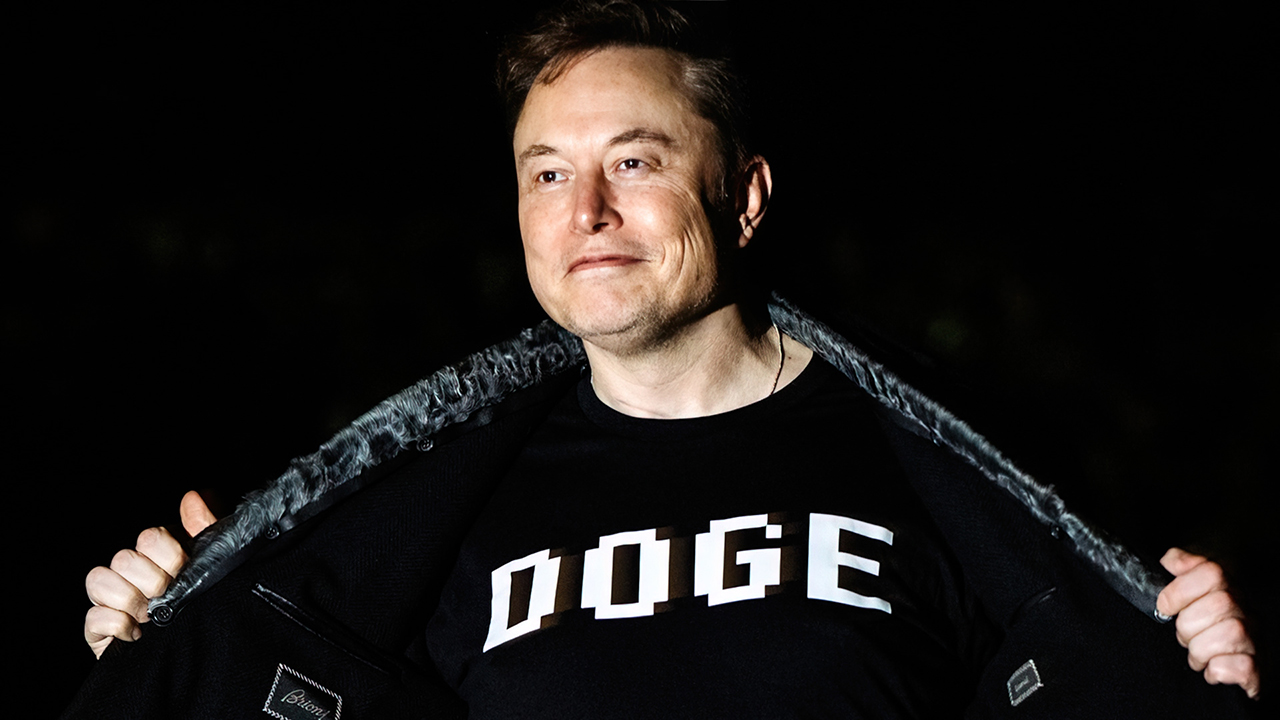As conflict reshapes defence priorities, drone developer Monopulse receives €1.12 million to expand NATO-grade UAV capacity

Danish/Lithuanian unmanned aerial vehicle (UAV) manufacturing company MNP Technologijos, operating under the brand name Monopulse, has signed a €1.12 million financing agreement with the national development bank ILTE.
The loan was issued under ILTE’s Billion for Business programme, aimed at fostering the development of high value-added products, digitalisation, and growth in the defense industry. It will be used to expand production capacity in the strategic defense sector and to fulfill existing orders for customers in Lithuania and abroad.
“The supply chain is maintained both by auditing suppliers and by working directly with raw material providers. This approach allows us to precisely trace the origin of every component and maintain the highest quality and security standards while cooperating only with verified partners,” says Monopulse CEO Justas Poderys.
The €1.12 million financing for MNP Technologijos (Monopulse) comes amid a broader uptick in European DefenseTech and UAV investment activity in 2025.
In Germany, Quantum Systems secured €160 million to scale autonomous aerial intelligence systems; in Poland, Orbotix raised €6.5 million to advance AI-powered drone swarming technology for defence applications; and in Denmark, Quadsat obtained €5 million to develop electronic-warfare and spectrum-intelligence solutions.
While these rounds highlight venture-backed growth, Monopulse’s loan under Lithuania’s ILTE programme reflects a production-capacity expansion phase focused on strengthening sovereign UAV manufacturing.
Together, these announcements illustrate a Europe-wide push to enhance defence autonomy and technological resilience, with the Baltic region increasingly integrated into this trend.
The Baltic region’s growing visibility in DefenseTech investment is closely tied to its geopolitical proximity to Ukraine and heightened perception of regional security risk since 2022.
Lithuania, Latvia, and Estonia have prioritised strengthening domestic defence manufacturing and dual-use technology capabilities as part of NATO’s eastern flank, both to improve self-reliance and to support Ukraine with equipment and expertise. Investors and national development banks (like ILTE in Monopulse’s case) are aligning with these policy goals, funding firms that contribute to supply-chain security, rapid deployability, and battlefield-tested innovation.
So, the Baltic region’s participation in this broader European DefenseTech trend is not incidental – it’s strategically driven by geography and security context, making it one of the most active emerging nodes for practical UAV and military innovation in Europe
“Monopulse’s activities strongly reflect ILTE’s strategic goals – to support businesses that create real added value for the country, strengthen European security, and contribute to technological independence. The development of defense technology in Lithuania is crucial for strengthening both national security and the resilience of the country’s economy,” says Giedrė Gečiauskienė, Head of Client Financing at ILTE.
Founded in 2021, Monopulse develops and manufactures UAVs designed for surveillance and reconnaissance missions. Its products belong to the NATO Class I (Mini) category and are equipped with multiple cameras, including night-vision systems. The company outlines that advanced communication technologies ensure that the operator maintains control of the UAV even in environments with GPS signal jamming.
Critical components used in Monopulse products are sourced exclusively from “friendly nations” to ensure supply chain reliability and security. The company also designs and manufactures all key components in-house – from cameras to the flight control computer.
The company’s products feature a modular design, allowing UAVs to be easily and quickly repaired in open field conditions.
Monopulse’s Falcon models operate without dependence on cloud service providers, ensuring full data security – any footage captured by onboard cameras remains stored only on the vehicle itself. The operating range of the Falcon systems extends up to 15 km.
Monopulse currently supplies its UAVs to customers in Scandinavian and Baltic countries and is actively expanding into Western Europe. The manufacturer also cooperates closely with partners in Ukraine, whose practical battlefield insights enable continuous product improvements to meet rapidly evolving needs.
According to Poderys, the war in Ukraine highlighted the importance of IT infrastructure on the modern battlefield, but the biggest challenge now lies in the pace of technological development: “What is considered state-of-the-art technology today can be obsolete a year later. Therefore, companies in the defense industry, including UAV manufacturers, are compelled to constantly develop and refine new product versions, even if this limits mass production.”
The company explains that while the war has significantly changed the approach to military procurement, many countries are still adjusting to the new reality – one that requires faster purchasing procedures and more flexible decision-making.
“Countries closer to Ukraine are implementing these changes much more quickly, as the need to respond to modern battlefield challenges is much more tangible here,” adds Poderys.
The post As conflict reshapes defence priorities, drone developer Monopulse receives €1.12 million to expand NATO-grade UAV capacity appeared first on EU-Startups.
















































